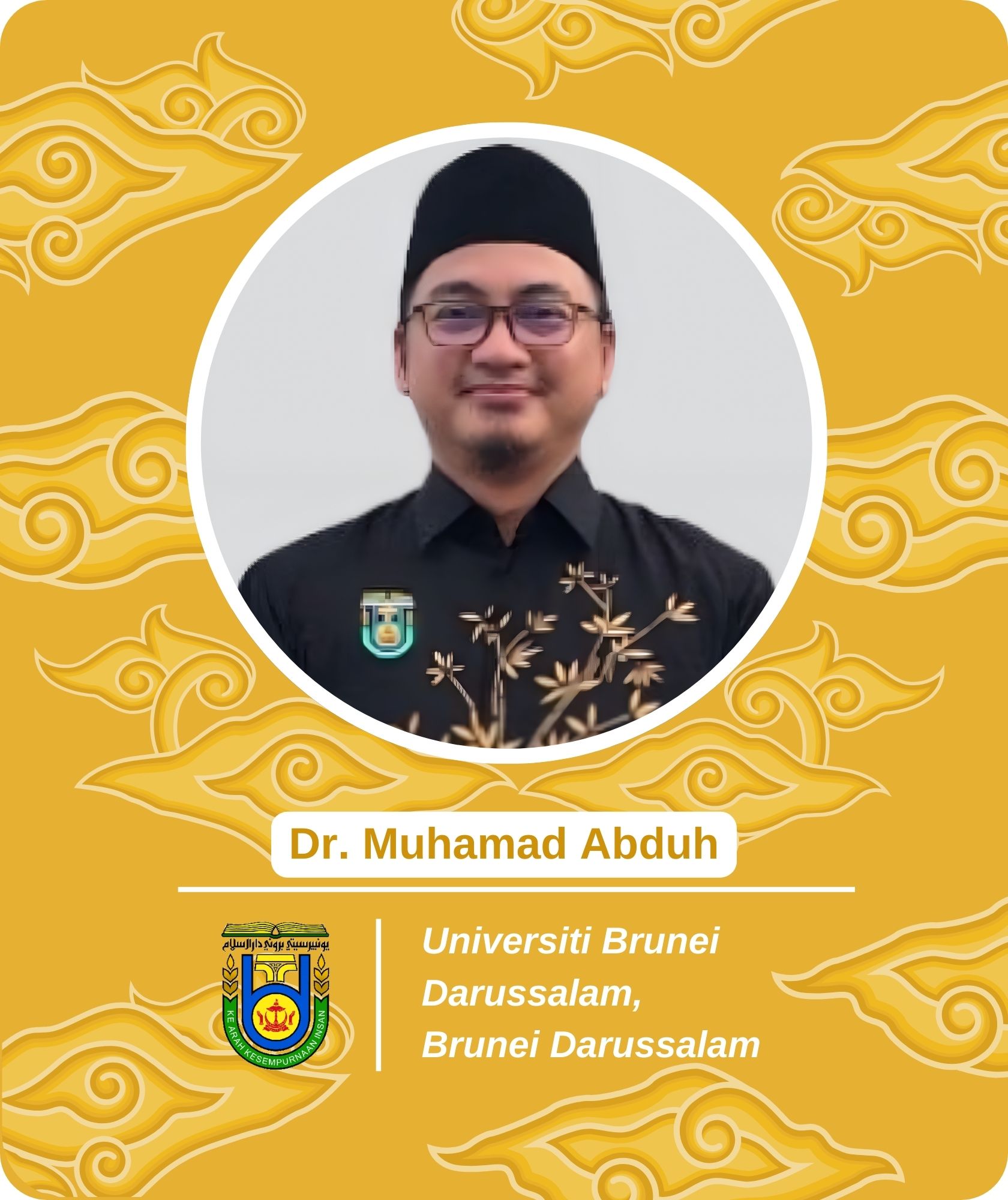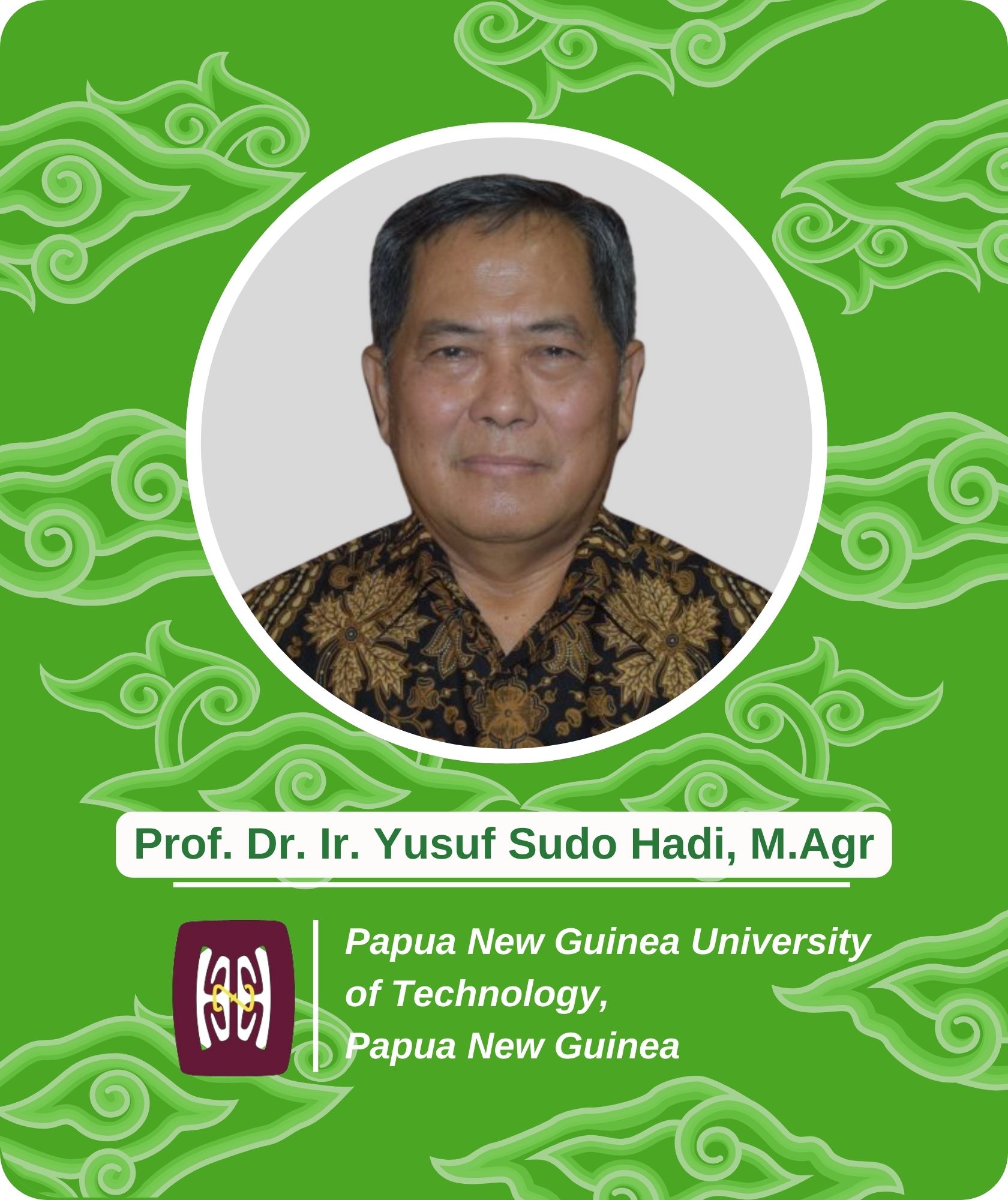Poverty reduction strategy in the conservation region: Learning from Lebong Regency, Bengkulu Province, Indonesia
This title will be presented on Friday, December 15, 2023 at 09.05-09.15 GMT+7
Abstract
This title will be presented on Friday, December 15, 2023 at 09.05-09.15 GMT+7
Regional development in Lebong Regency faces limited land constraints because 61.8% of the area is state forest. This study aims to describe the poverty profile and identify poverty reduction programs. This study found that the poverty rate in Lebong is still much lower than that of Bengkulu Province but still higher than the national poverty. Poor people are generally poorly educated and work as owners and sharecroppers/farm labourers in the agricultural sector. They have a higher share of food consumption and weak access to adequate water and latrines. Most of the poor have not covered by social protection programs. Poverty reduction programs have been directed at tackling multidimensional poverty, starting from aspects of consumption poverty and other dimensions such as health, education, and access to basic infrastructure. Poverty reduction focuses on improving quality and competitive human resources, strengthening infrastructure to support economic development and basic services, transforming good governance, and accelerating poverty alleviation. This study recommends that poverty reduction programs be carried out in a coordinated manner in an integrated action plan under the Regional Poverty Reduction Coordination Team. This study also supports social forestry schemes for villages around state forest areas to improve access to productive land.




















